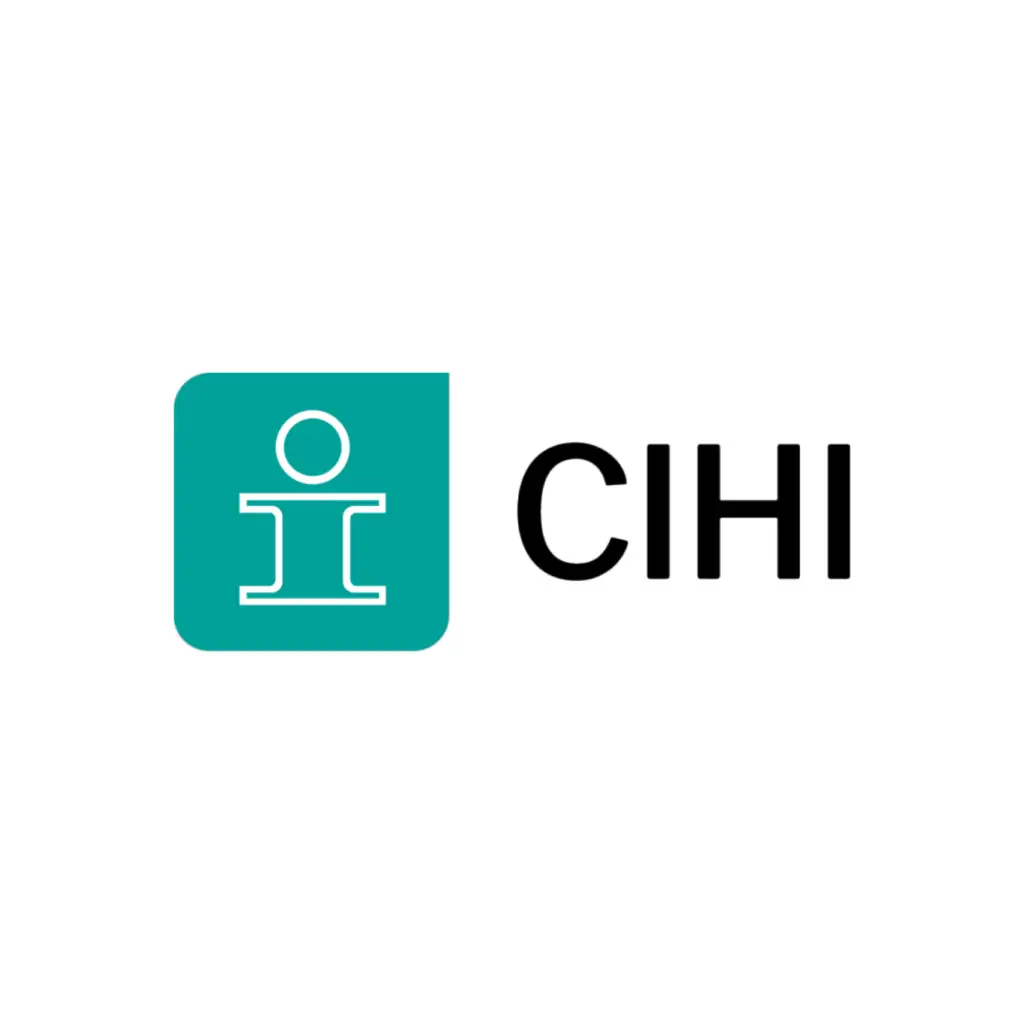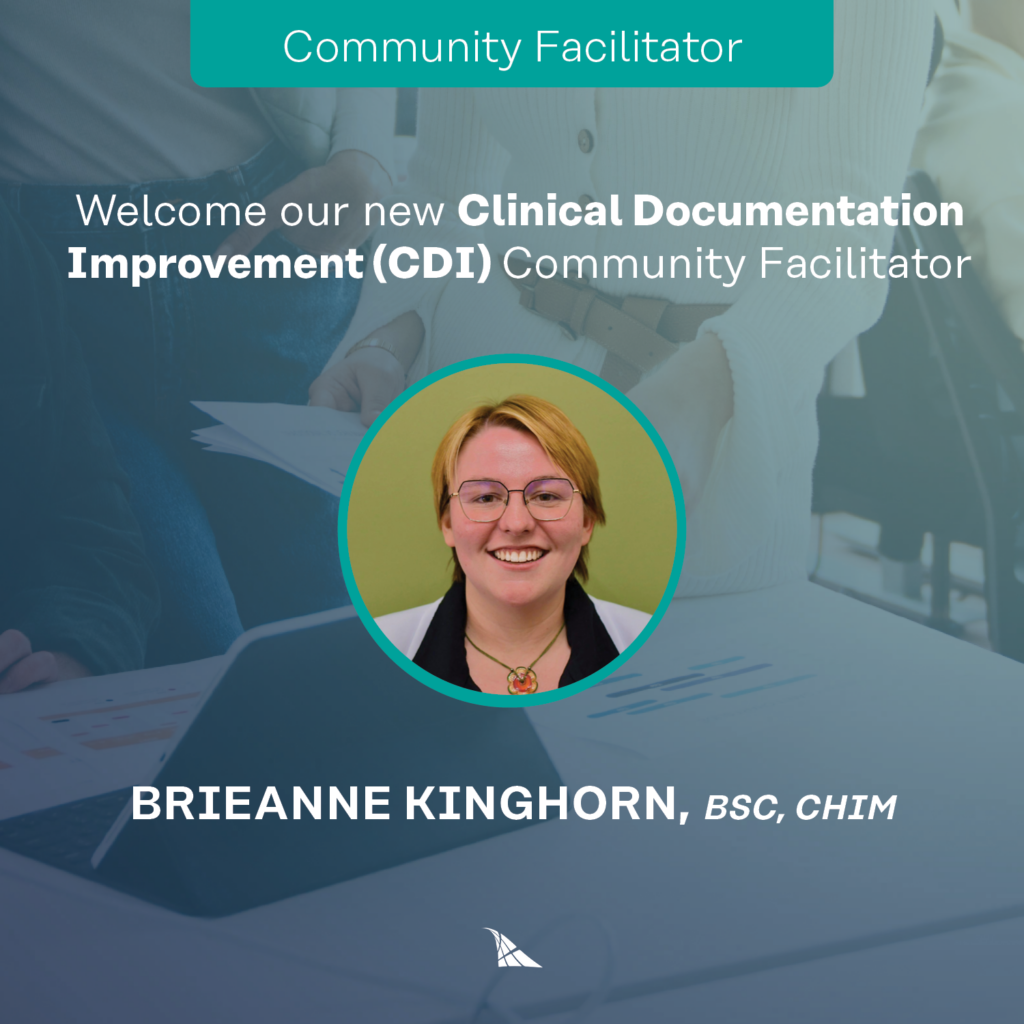
For students of health information management and those working in the field, there are significant benefits to seeking experience and employment outside of Canada’s major urban centres. Here’s a snapshot of five CHIM professionals from the CHIMA NSPE Chapter who have carved their paths by exploring new territory.
Amy McInnis, CHIM:
When I first applied to the health information management program at Nova Scotia Community College (NSCC), a former student advised I accept whatever practicum came available outside of the Halifax Regional Municipality—as it would most likely lead to employment after graduation. I took her advice, and she was right. So, a month after graduation, I landed my first position as a coder at Valley Regional Hospital in Kentville, Nova Scotia. During my studies, when I landed my first practicum there, I moved to Kentville, and it was a wonderful experience. I soon knew it would be a great community to live in.
My practicum experience did turn into a job. While working at Valley Regional, I was able to get plenty of one-on-one time with my trainers and—because there were fewer coders [than there are in bigger cities]—I was also able to take on more tasks such as report writing and auditing. As a result, I gained the experience to apply for my current position as a decision support analyst at the IWK Health Centre in Halifax.
My practicum experience did turn into a job … [and] I gained the experience to apply for my current position as a decision support analyst.
– Amy McInnis, CHIM
It’s important to keep in mind that not all new graduates can move to a new place for a position. For those who have the means to do so, however, I recommend it. My time in Kentville enabled me to gain experience that might not have been available to me at a larger hospital.
Julie Phillips, CHIM:
For my final practicum in the health information management program at NSCC, I had the chance to travel to Charlottetown, PEI, to work with the PEI Cancer Registry. While I was not yet certified with the Canadian College of Health Information Management, I spent my time learning the role of a Certified Tumor Registrar (CTR). I had the opportunity to determine if I enjoyed both this new city and this kind of work—and they were both a great fit.
Following my practicum, the PEI Cancer Registry offered me employment, and I’m still working there as a CTR. My manager at the cancer registry and the PEI Cancer Treatment Centre manager were extremely supportive of my move from Nova Scotia to PEI. Management was also accommodating when it came to my writing exams—the CHIM national certification exam and the NCRA certification exam—and they continue to support my other educational and training pursuits.
I had the opportunity to determine if I enjoyed both this new city and this kind of work—and they were both a great fit.
– Julie Phillips, CHIM
I’m enjoying being employed in a relatively small city and hospital. And working in a smaller cancer registry means I get to participate in a broader array of tasks rather than specializing in one or two.
I highly encourage students to participate in any practicum experiences outside of larger cities—it was a wonderful experience for me. It improves chances for employment immediately after school, and it’s a great opportunity to experience new places, work environments, and the profession itself. And facilities in smaller places can also benefit from accepting students from other regions, broadening their scope of potential employees.
Julie Hurlburt, CHIM:
I began my health information career as a casual health information clerk at Fishermen’s Memorial Hospital in Lunenburg, NS. I then accepted temporary positions at the other two hospitals in the region (Queens General and South Shore Regional). I found that taking temporary positions in different locations allowed me to gain experience and seniority that eventually led me to my current position as a coding classification specialist in Health Information Services at Nova Scotia Health.
But that’s just a small part of my history of relocating for the career I most wanted.
Four years and approximately 9,000 kilometres later, I’m in the position I wanted: coding classification specialist. It’s been a fascinating journey.
– Julie Hurlburt, CHIM
During my two years completing the health information management program at what is now called CHA Learning (a division of HealthCareCAN), I did practicums or worked at seven different Nova Scotia hospitals: Halifax Infirmary, Victoria General, South Shore Regional, Fishermen’s Memorial, Queens General,Hants Community, and Cumberland Regional Health Care Centre.
I applied for health information positions during my second year of school and completed my last practicum in June 2014. Later, I accepted a permanent ward clerk position at the Halifax Infirmary to gain seniority. I worked hard to be a good candidate for any health information position and was willing to travel. Because there were limited opportunities at the time in Halifax and Liverpool (where Queens General Hospital is located), I began applying for positions in New Brunswick, Newfoundland, Ontario, and Alberta.
After many different interviews, I accepted a temporary position at the University of Alberta (U of A) in Edmonton. So, I left Nova Scotia and drove across Canada toward my new career. Edmonton is a beautiful city, and working for the U of A was a dream. I began as an ER coder, then accepted a permanent position and soon started coding inpatients.
I loved my job, but I was also missing my home province. So, in 2018, I began applying for jobs in Nova Scotia again—but this time as an experienced coder. It took months, but I finally landed a health information position in New Glasgow, NS. However, before even beginning that job, I was offered and accepted another position at the QEII in Halifax.
Four years and approximately 9,000 kilometres later, I’m in the position I wanted: coding classification specialist. It’s been a fascinating journey.
Rebecca Phillips, CHIM:
Growing up in a small town of fewer than 1,000 people, I always felt driven to experience living in a city. When I finally had the opportunity after high school graduation, I jumped at the chance and moved to Halifax, which still ranks as one of my best adventures. I never thought I’d leave the city.
Opportunities presented themselves that I don’t think would have, had I been working with a bigger group of people or in a more hectic environment.
– Rebecca Phillips, CHIM
But after my final practicum in the health information management program at NSCC, I learned of a potential job opportunity at the regional hospital in Antigonish, NS. It was possible to start there as a “coder in training,” and there was potential to land a full-time permanent position after that—contingent on passing the Canadian College of Health Information Management’s CHIM national certification exam. The prospect of having employment right after graduation was too appealing to pass up, so I decided to take it. The only thing was, I’d have to leave the city I’d come to love. I hoped to return to Halifax after gaining some job experience.
With its small-town charm, proximity to essentials, enjoyable people, and calm environment, though, I found myself growing to love Antigonish. (It was also an improvement on sitting in traffic in Halifax during a long commute to and from work, not to mention the high parking fees). As I started to meet friends and grow a social life, uprooting what I had built to move away again seemed more difficult to do. This beautiful small town officially sucked me in, and I loved it!
And when it came to my professional life, opportunities presented themselves that I don’t think would have, had I been working with a bigger group of people or in a more hectic environment.
Coding for multiple hospitals meant I gained broad experience: coding up to tertiary/quaternary care, handling release-of-information work at different facilities, and working as an assistant manager in health information services. Working in these roles has also meant learning to work with different ADT systems; training multiple employees entering the organization; assisting with various projects within the organization; developing a deeper understanding of essential processes and practices; and taking part in countless educational sessions.
I’m so thankful for the opportunity that I was given almost four years ago to create a home in Antigonish. And it’s safe to say I wouldn’t be where I am today if it weren’t for taking the leap.
Karen Ssebazza, CHIM:
After graduating from the health information management program at NSCC, I had the pleasure of working outside of Halifax at a primary and regional facility, and it’s there that I gained a lot of valuable experience.
I worked primarily as a coding and classification specialist and was trained to code all types of charts, from emergency department visits to day surgery to DAD charts. I got to expand my coding knowledge, and that versatility then enabled me to assist professionals at other sites when they fell behind on their coding.
I got to expand my coding knowledge, and that versatility then enabled me to assist professionals at other sites when they fell behind on their coding.
– Karen Ssebazza, CHIM
Because I worked in close proximity with the health record staff, I was able to question some of the data that flowed into the 3M software from the health information system. It allowed for greater accuracy, as any adjustments or corrections to the required data could be made almost immediately in those systems. It also helped that I had access to the physicians, which meant I could clarify anything in the chart’s documentation, if needed.
I definitely encourage those seeking health information jobs—especially new graduates—to look beyond bigger cities. It can provide you with opportunities to develop your skills, make you more marketable, and if you do want to return to a bigger place, it can make that more possible, too.



